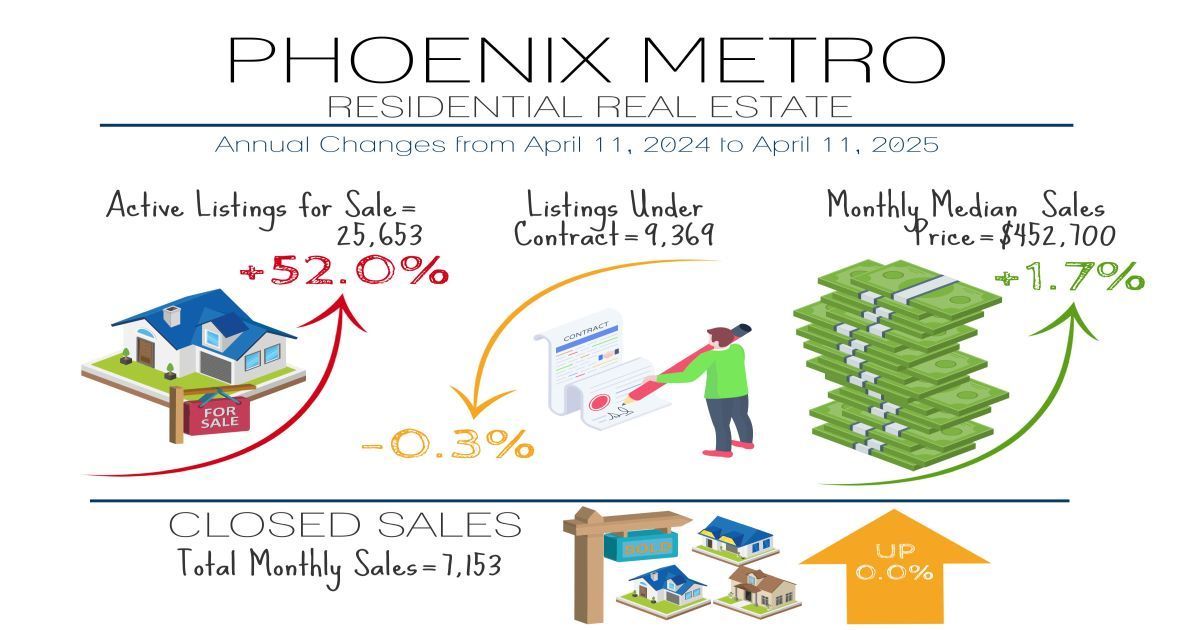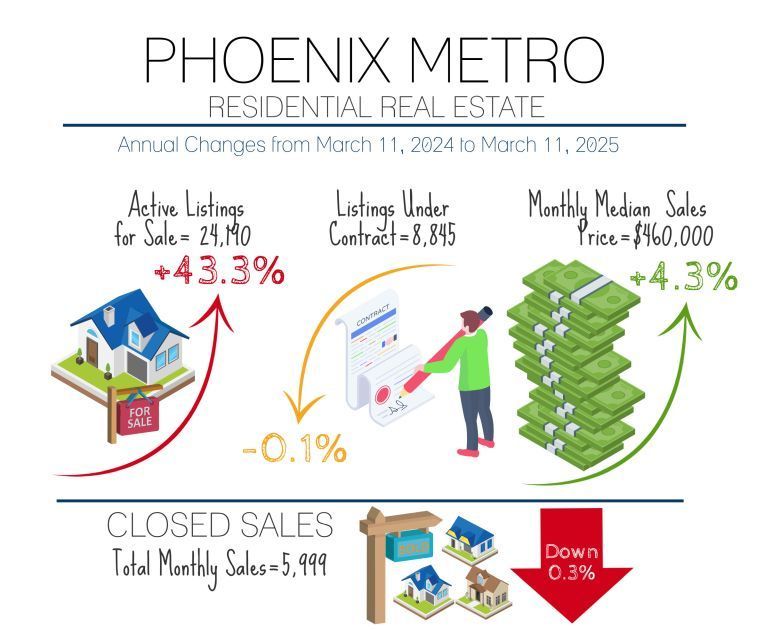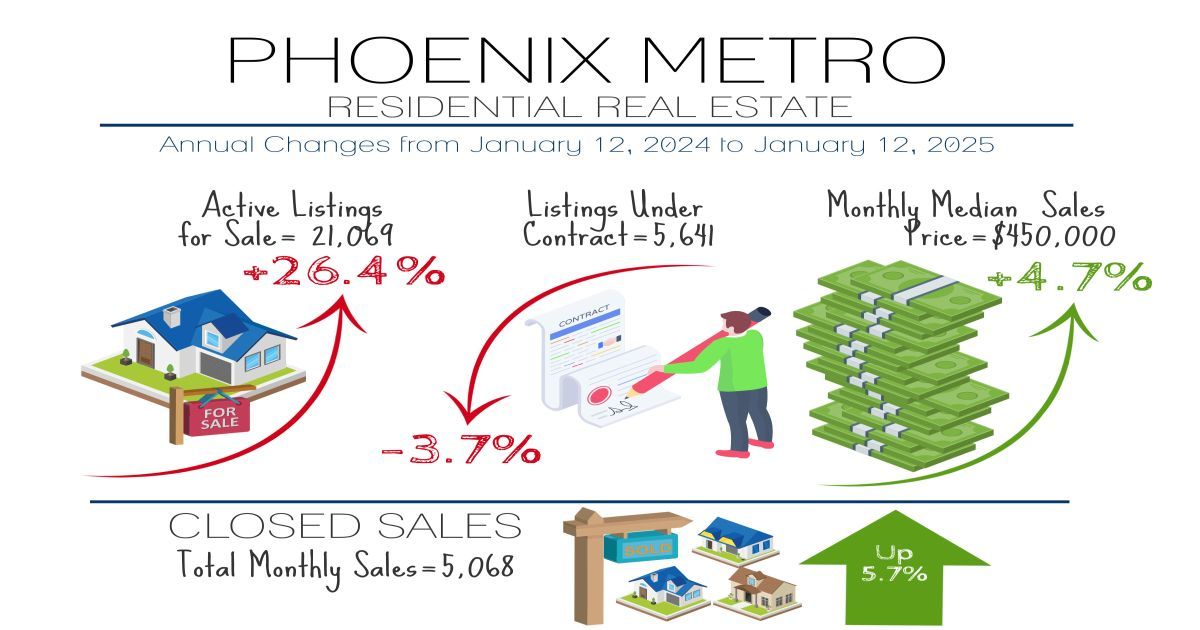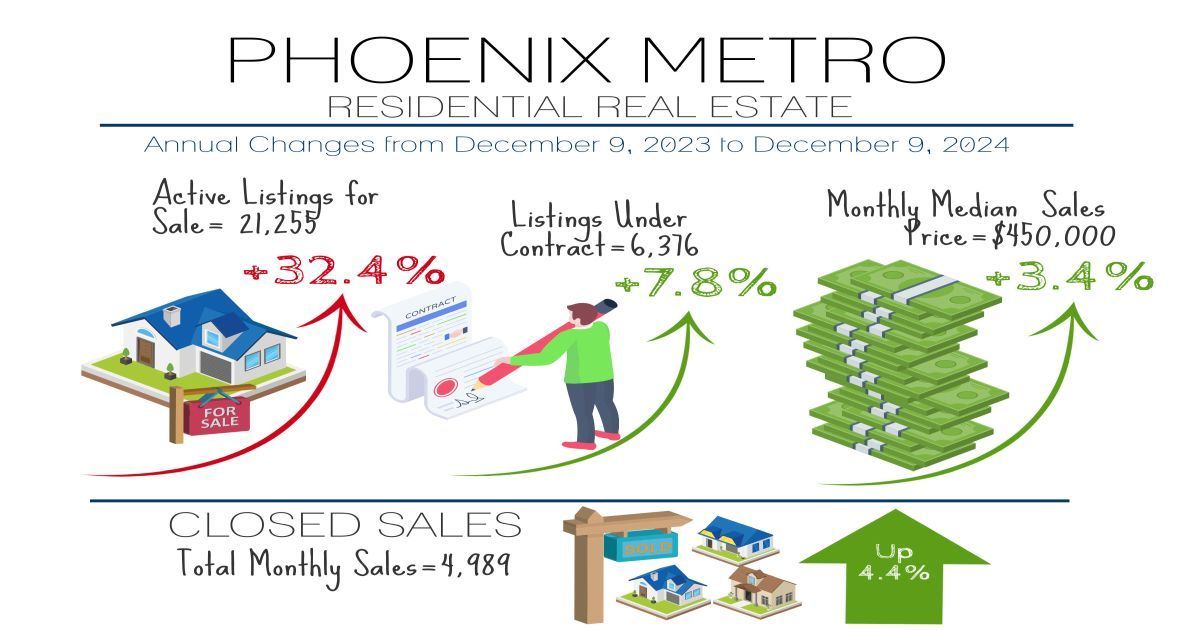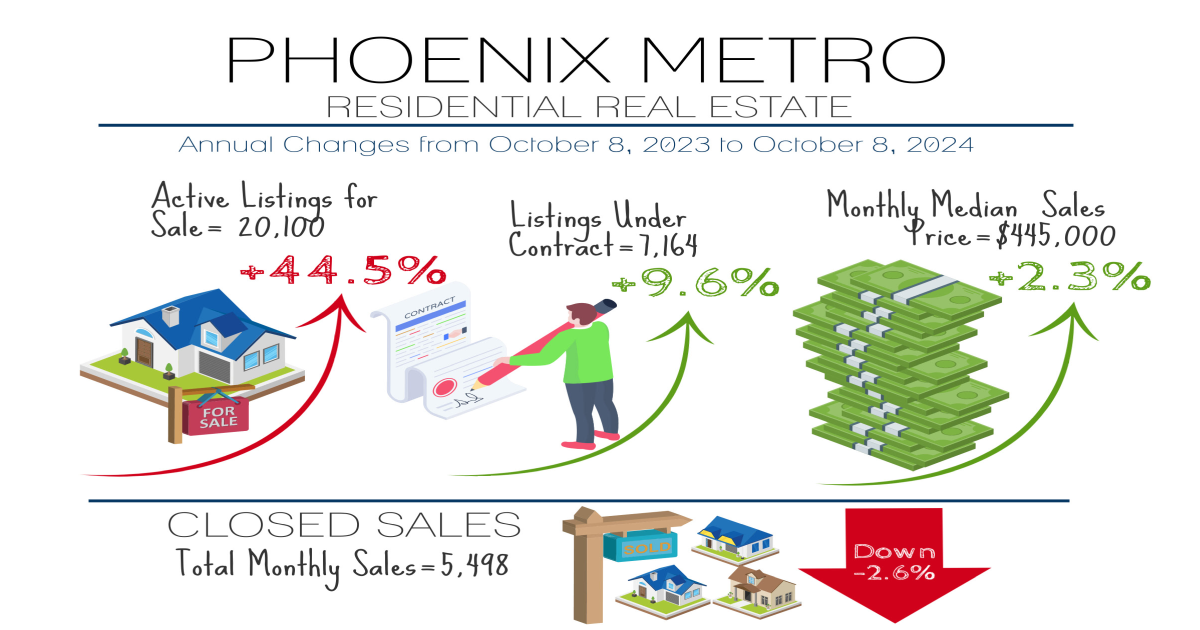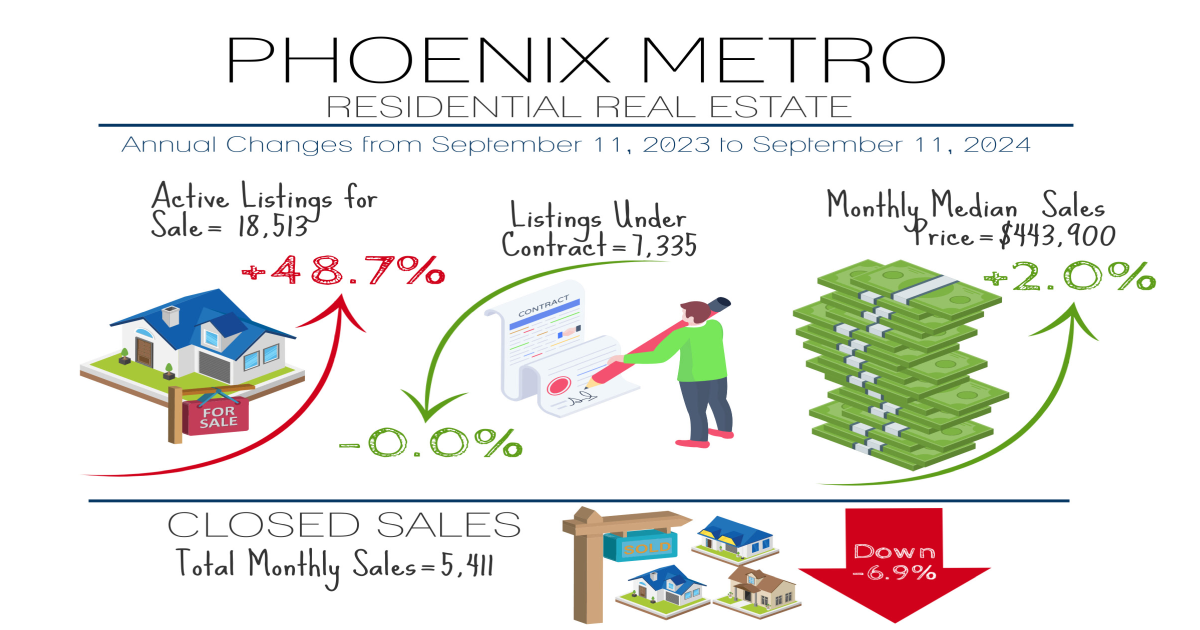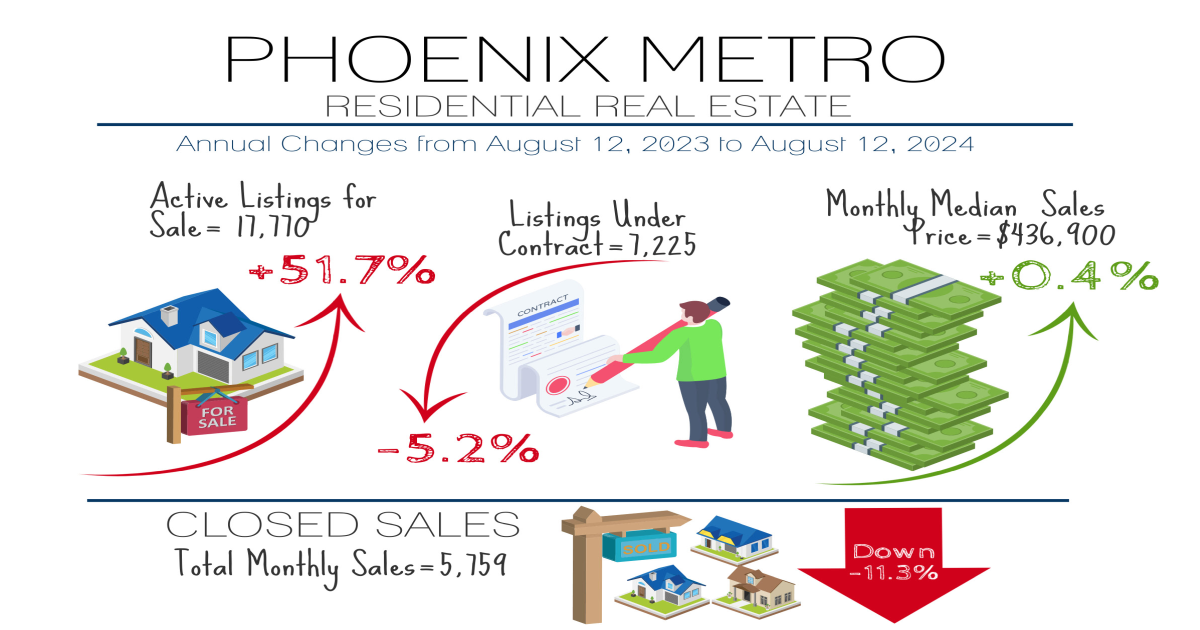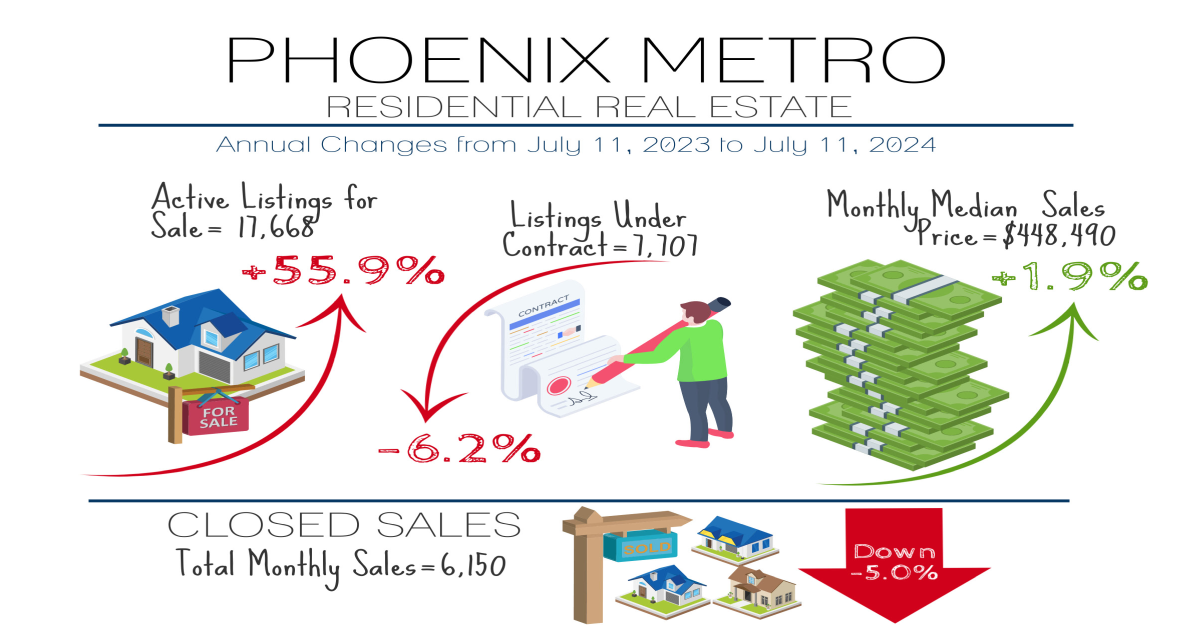Rentals - Who Pays For What?

Rental properties can be a great way for real estate investors to create a passive income stream. While purchasing a home as your primary residence is typically based on your wants, needs, and lifestyle, purchasing a buy & hold investment property must be based on your numbers and the return on investment you’re seeking.
This article will help you consider the more common expenses when calculating the viability of a particular property. This is a general guideline, and we can help you drill down with specific numbers to find the ideal property that meets your goals.
Expenses Typically Paid by Tenant
- Monthly Rent
- Rental Tax – Transaction Privilege Tax
- Security, Pet, and other deposits as applicable (may be refundable)
- Electricity & gas
- Cable TV, phone, Internet
- Renter's Insurance (should be required by owner/landlord)
Expenses Typically Paid by Owner / Landlord
- Mortgage loan principal & interest
- Property taxes
- Landlord insurance (usually different than homeowner’s insurance)
- Umbrella insurance policy
- HOA dues, assessments, and violations
- Water, sewer, trash, and recycling
- Home Warranty to cover appliances and infrastructure
- Repairs, maintenance, and service calls
- Landscaping service
- Pool service
- Services not covered by city such as Rural Metro if applicable
- Property Manager – see our article at https://www.matthewhoedt.realtor/what-does-a-property-manager-do to evaluate the cost of a property manager versus self-management

